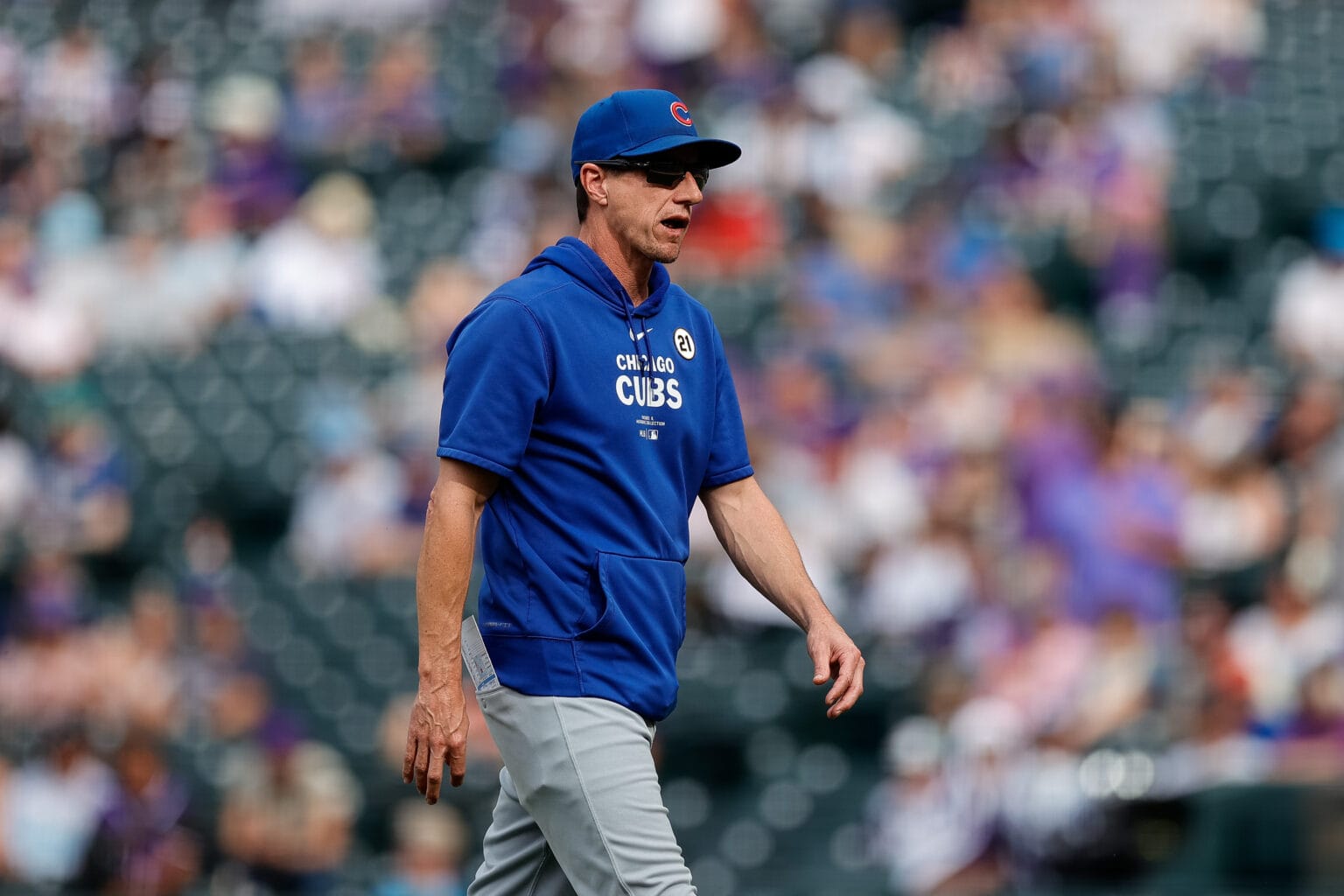While this outcome has been anticipated for some time, the Chicago Cubs’ 5-1 loss to the Washington Nationals on Saturday, paired with the New York Mets’ 6-3 victory over the Philadelphia Phillies, made it official: The Cubs are out of postseason contention for 2024.

Despite a disappointing finish last season that saw them miss the playoffs, there was hope coming into this year that the Cubs were ready to take the next step. Even chairman Tom Ricketts expressed optimism in spring training, saying: “I don’t see any reason why we wouldn’t be favored for our division this year.”
However, the Cubs fell out of the National League Central race long ago. The Milwaukee Brewers started pulling away in mid-May, while the Cubs’ struggles in May and June, when they posted a 21-34 record, dug a hole they couldn’t climb out of. By the end of June, the Cubs were 11 1/2 games behind first place and never closed the gap to less than eight games. The conversation surrounding the Cubs’ postseason chances shifted to the NL wild card instead of the division, showing how far they’d fallen. Even then, they weren’t serious contenders in the wild-card race either.
On August 11, the Cubs were only three games back from the Atlanta Braves for the third NL wild card spot, but a sweep by Cleveland quickly pushed them to six games behind. Although they rallied with a 12-3 run, it only brought them back within three games. Since then, they’ve gone 8-10 during a critical stretch when they needed wins the most. Now, with seven games left, their playoff hopes are officially over.
“It’s disappointing that it’s come to an end officially,” said Patrick Wisdom, whose solo homer in the seventh inning was one of just two Cubs hits on Saturday. “It feels like it slipped through our hands. Those games we let slip away earlier in the season, they come back to haunt us now.”
Manager Craig Counsell has acknowledged the gap between the Cubs and the Brewers, emphasizing the need to build a 90-win, playoff-caliber team. It’s clear the Cubs need to assess how to improve from top to bottom if they want to be in a position to celebrate in September instead of packing it in early.
“We have to push each other and make hard decisions,” Counsell said. “The goal we’re chasing is difficult, but things worth achieving are always hard.”
Counsell’s point is clear: this team isn’t there yet. The roster that president of baseball operations Jed Hoyer assembled — largely the same as last year’s, with additions like Shota Imanaga, Michael Busch, and of course, Counsell — wasn’t consistent enough. The Cubs had promising stretches, fighting back from being nine games under .500 on July 3. However, they couldn’t sustain momentum, especially as their competition went on hot streaks of their own. Inconsistent play ultimately did them in.
Sitting at 79-76, the Cubs are likely to finish with a winning record for the second straight season, but without a playoff berth and potentially no improvement over last year’s record, it feels like a hollow victory.
“It was a tough year,” said Kyle Hendricks, who allowed four earned runs over 5 1/3 innings in Saturday’s loss. “Just up and down, hovering around .500. We’d build some momentum but couldn’t maintain it.”
Now, the focus shifts to 2025. Hoyer and the front office will need to make the right moves in the offseason, and it will be up to Counsell, the coaches, and players to deliver better results next year.
The Cubs haven’t made the playoffs since 2020, or in a full season since 2018, and haven’t won a playoff game since 2017. It’s been a long time since they were atop the NL, and they need to reestablish that standard, starting with 2025. As Jameson Taillon said, “Wrigley shouldn’t be a fun stop for other teams. We should strive to be a 90-win organization.”
